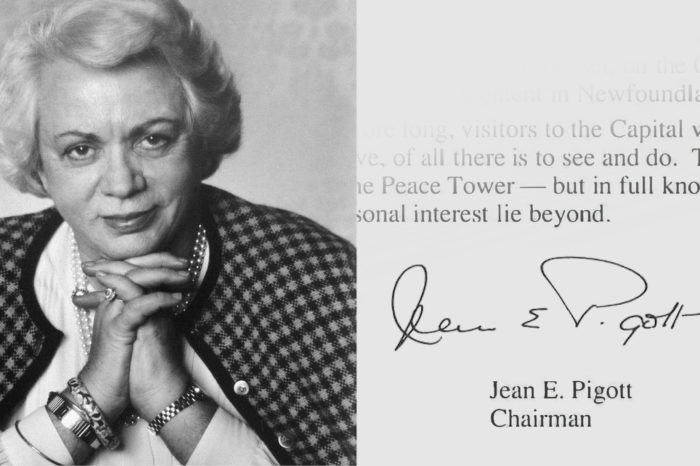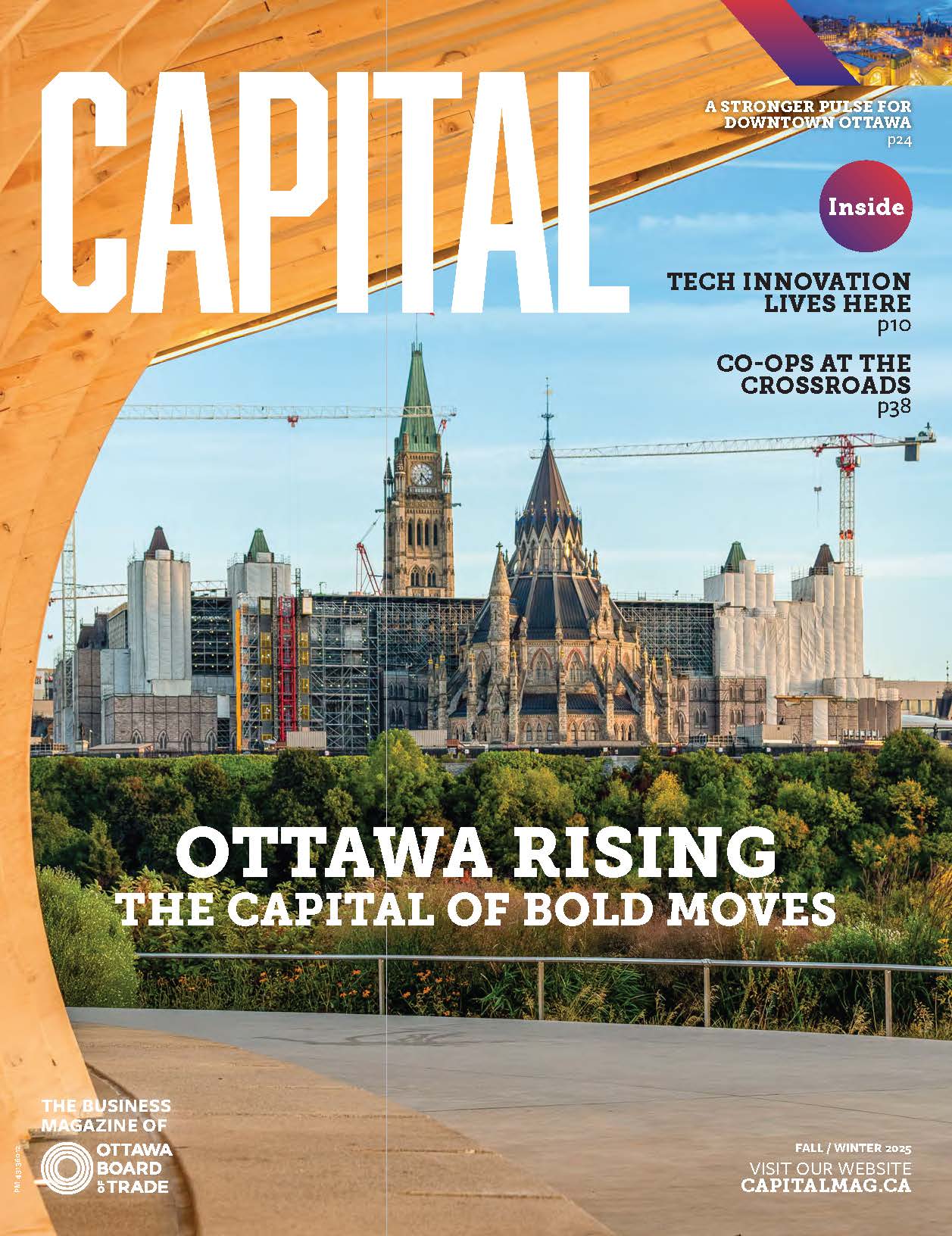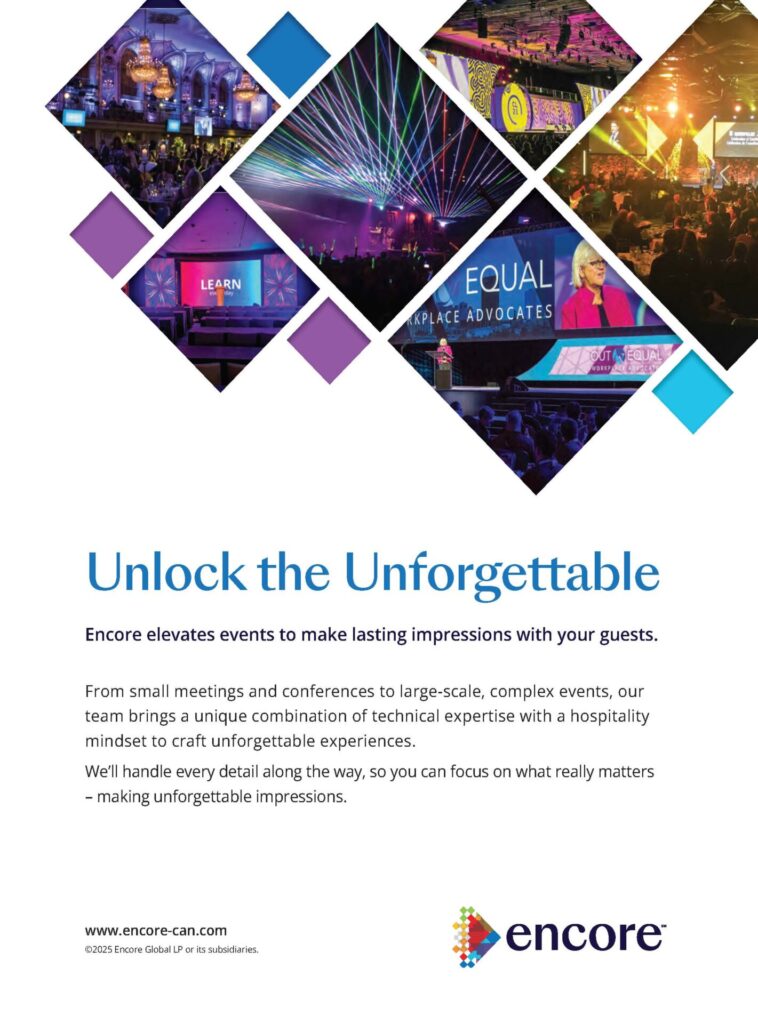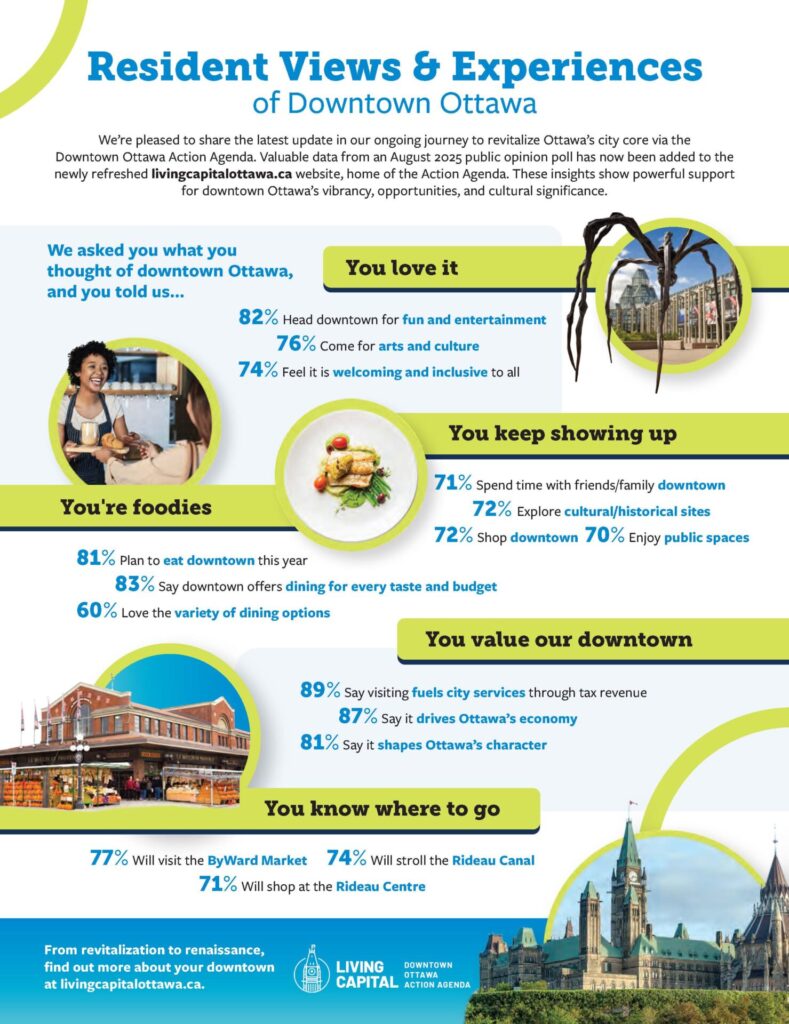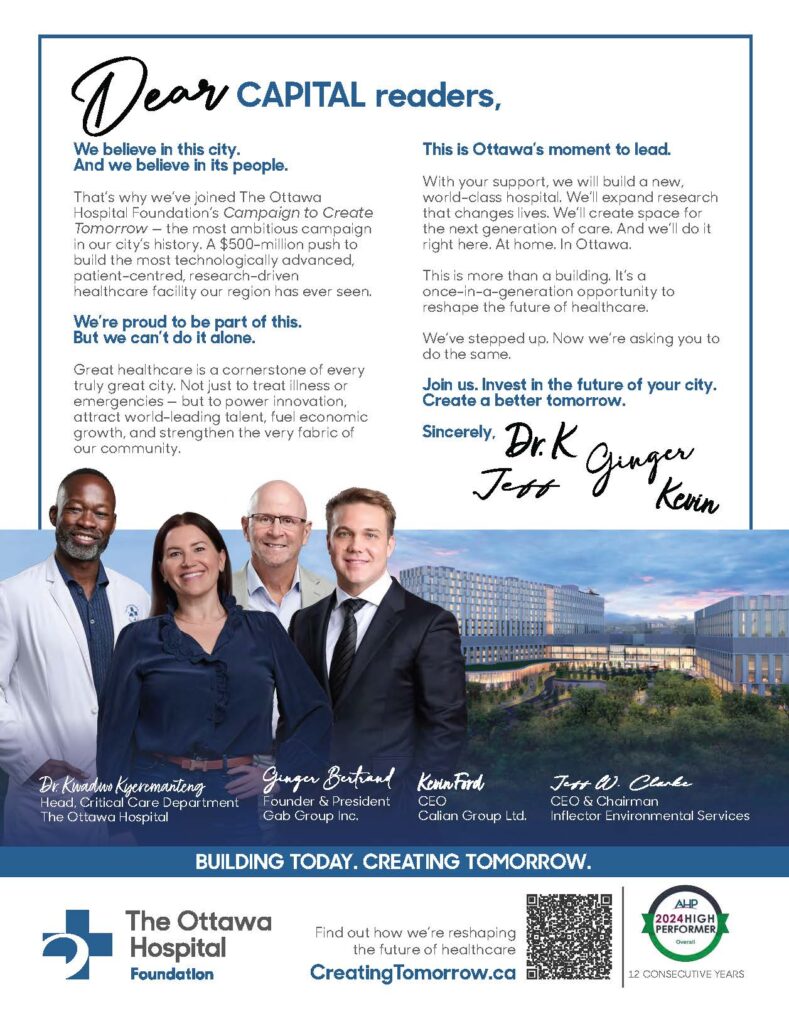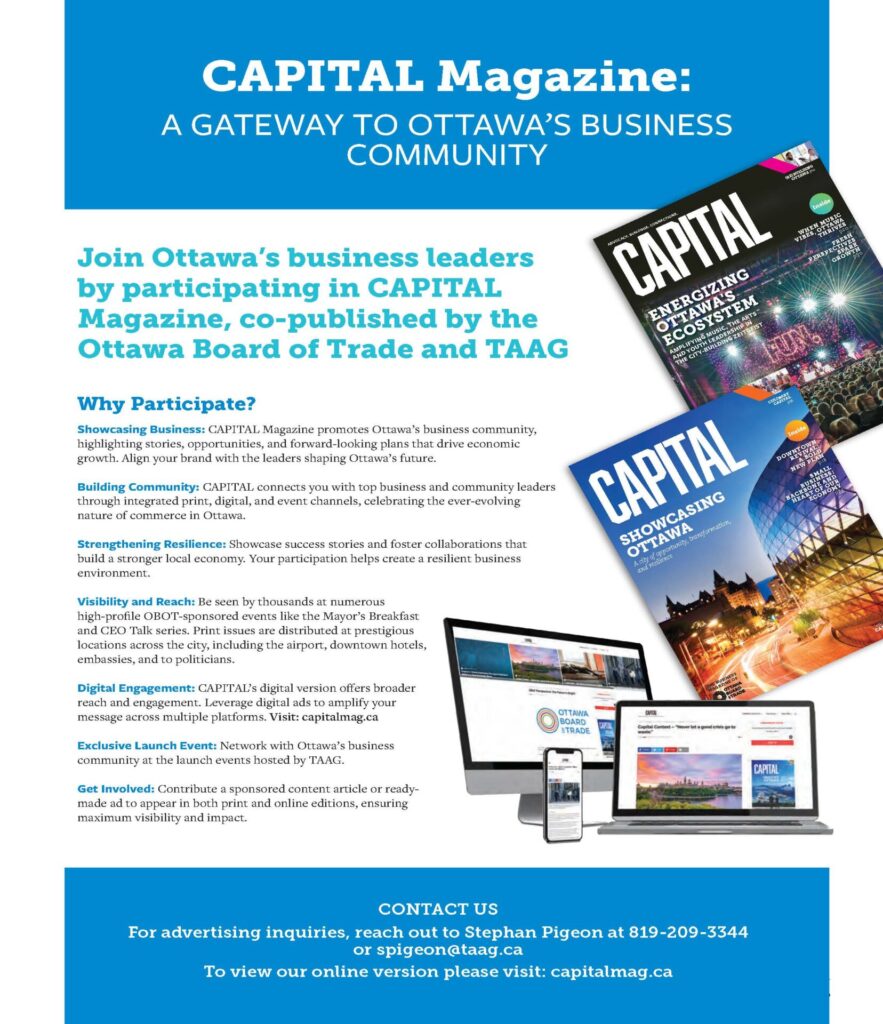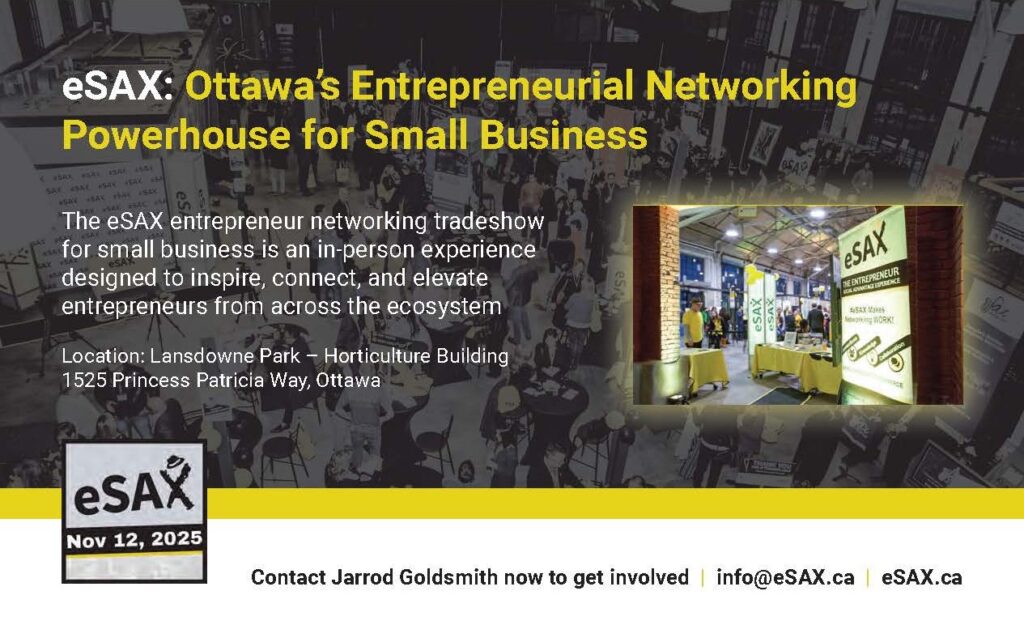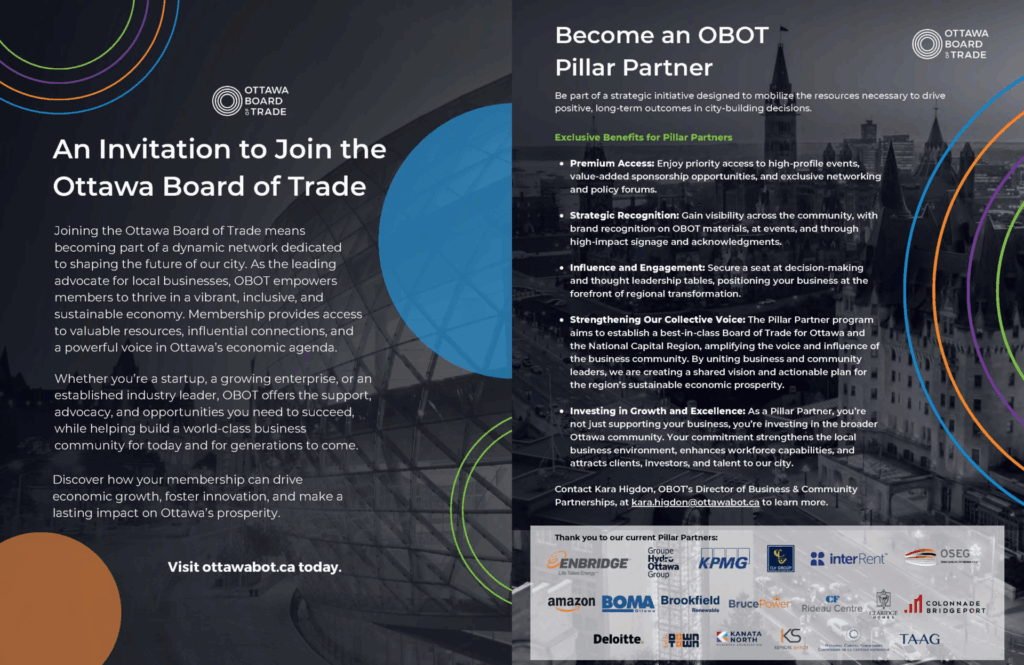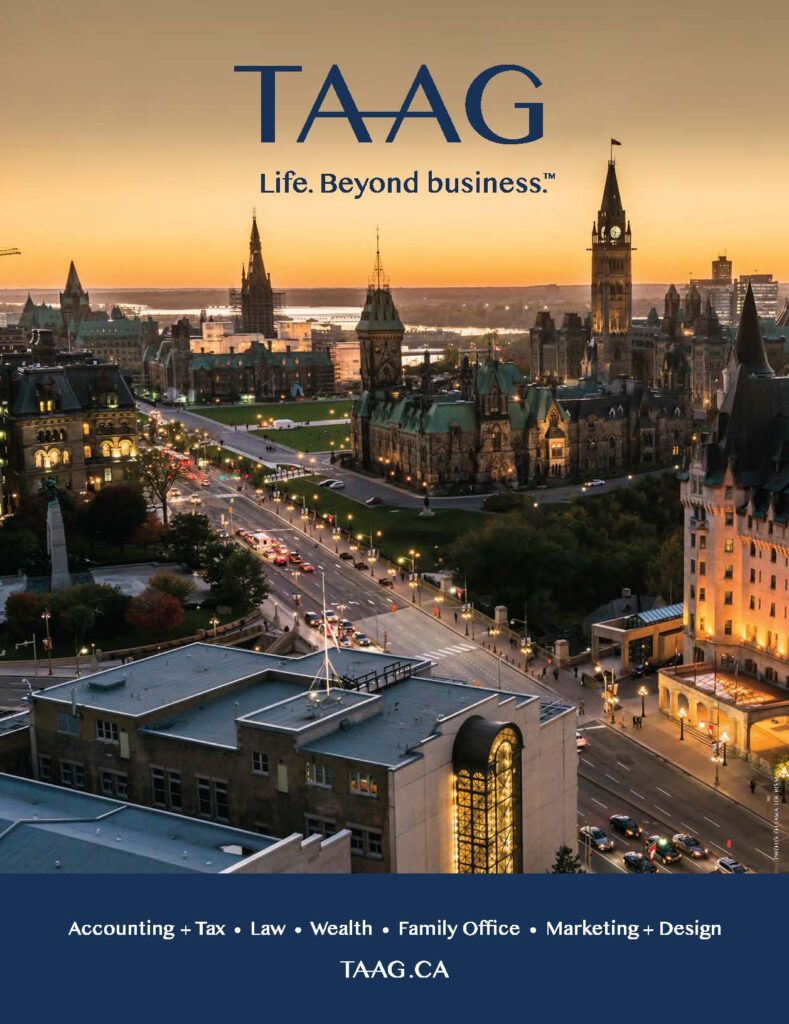Stratos Supports Partnerships for Reconciliation

Photo: Ian Diamond
Stratos Inc. views reconciliation with Indigenous peoples as a cornerstone in building a stronger country for all Canadians.
The Ottawa-based management consultancy, established in 2000, has a reputation for effectively assisting a wide variety of clients (including governments, businesses, and civil society organizations across Canada) to navigate complex sustainability problems and implement holistic solutions.
“Our whole approach is to ask, ‘how can we do things differently to lead to better environmental and social outcomes?’” says Stephanie Meyer, the company’s president and co-founder. Stratos publicly launched its reconciliation strategy in June 2018, one of the first for a Canadian consulting company.
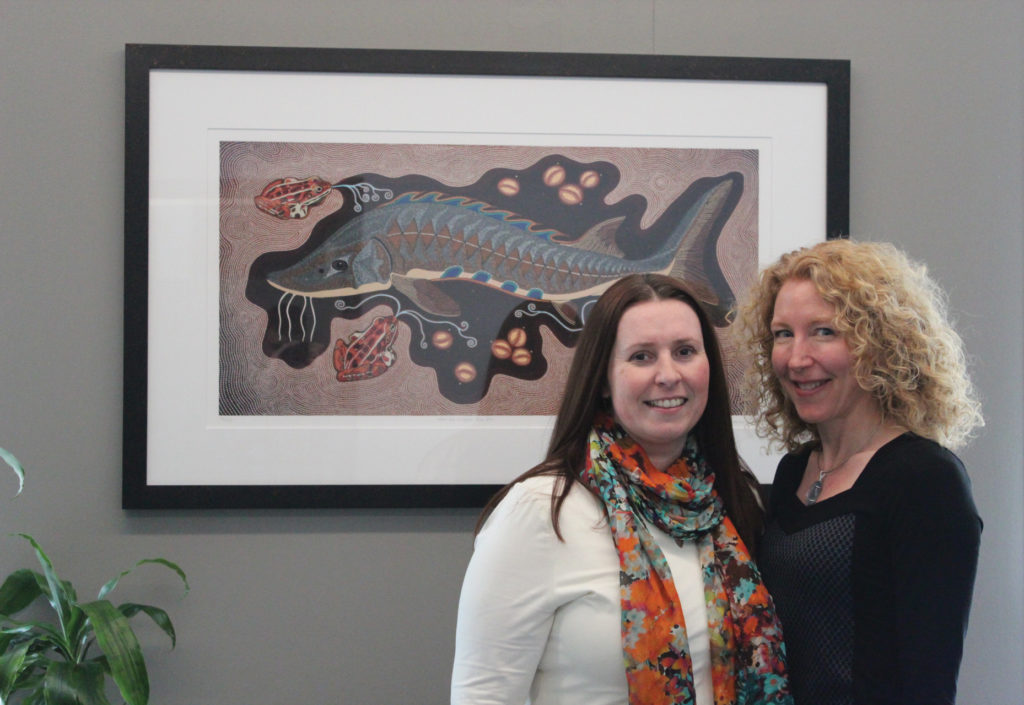
Left: Emma Bedlington, Manager, Stratos Inc. Right: Stephanie Meyer, President and Co-founder, Stratos Inc.
“We made a very specific decision to share the document publicly and to include specificactions for implementation,” says Emma Bedlington, a manager with Stratos. “We think it is really important to lead by action—to ‘walk the talk’ so to speak.” Stratos’ strategy reflects the Truth and Reconciliation Commission of Canada’s Calls to Action and is built around three themes.
One theme is to implement business and human resource practices that create opportunities for Indigenous people and businesses in Canada.
The second theme is to educate and empower the Stratos team and its partners to build meaningful relationships with Indigenous peoples.
The third theme is to ensure that the firm’s projects respect and support the principles of reconciliation. To that end, Stratos is working to systematically embed Indigenous peoples’ perspectives into its projects and to strengthen its partnerships with Indigenous-owned firms.
Stratos has a strong partnership with First Peoples Group (FPG), an Indigenous advisory firm founded in 2006. FPG provides a multitude of professional services to governments and private groups on varying projects and initiatives including Indigenous awareness education, environmental stewardship, Indigenous engagement, project and business development, and planning related to Indigenous clients and their traditional territories.
“First Peoples Group has been really strategic in moving forward with partners to make sure that real Indigenous voices are included,” explains Neegann Aaswaakshin, a vice-president and partner based in Vancouver. “One of the reasons that we decided to enter into a formal partnership with Stratos is because of their values in terms of stewardship capability and reconciliation. Stratos has made reconciliation a priority in their long-term business and strategic planning,” she says. “Our friendship and partnership with FPG allows us to work together to advance both our reconciliation and sustainability agendas,” adds Bedlington.
This partnership approach is reflected in a gathering that Stratos and FPG recently convened in Ottawa, attended by several government departments and groups as well as a range of Indigenous organizations.
The purpose of this gathering was to foster meaningful conversation around what it means to advance reconciliation between Indigenous peoples and the Government of Canada.
“At Stratos, we like to convene meaningful dialogues around really complex issues for Canada, and we see reconciliation as one of these,” says Bedlington. “The purpose of the session was to start that conversation and to create a safe space for people who don’t often get to speak to each other in an informal setting.”
While the firm works across Canada, and with clients who operate globally, they’re very pleased to be an Ottawa based company. “We enjoy working and living in Ottawa, both through our professional consulting work and through our volunteerism.
We try to have a strong reach and to also be well grounded within the city,” says Meyer. For example, she notes, Stratos is proud to have advanced sustainability within the National Capital Region through its strategy work with organizations including the City of Ottawa, the National Capital Commission, Canada Post Corporation, Business Development Canada, and the Canadian Museum of Nature, along with a range of federal government departments and agencies.
Stratos employs 27 people, about two-thirds of which are female. More than 20 of those employees are located here in the NCR. Women are in prominent positions throughout Stratos’ leadership team. Stratos recognizes gender as a dimension of sustainability and that women play an important role in reconciliation. “Complex problem-solving requires and benefits from a variety of perspectives and world views,” says Bedlington. “This helps us chart a different path and make meaningful progress.”



